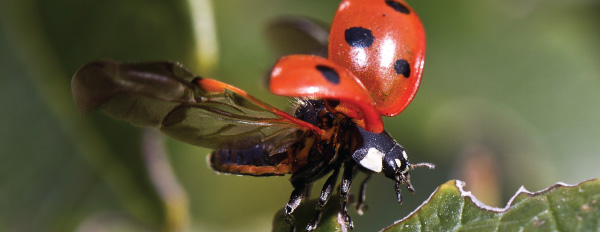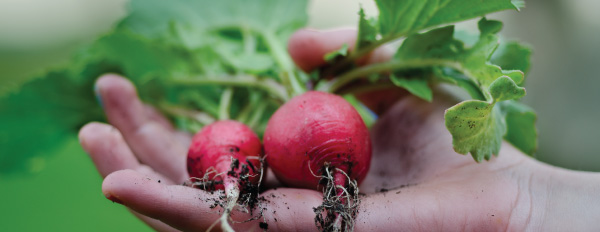Pesticides are an enormous group of chemicals designed to kill unwanted insects (insecticides), weeds (herbicides), rodents (rodenticides), fungi (fungicides), and other so-called pests. The problem is, if those chemicals can kill a bug or plant, they can probably cause harm to humans or pets too. Even though pesticides are sprayed on land, many times, they can make their way into a water source, such as a river, ocean, or pond due to runoff. If a body of water becomes contaminated with the chemicals, many fish and other animals may die and get sick. This can throw the whole ecosystem off-balance.
Many people depend on groundwater for their drinking supply. Often times, that water can become contaminated through a process called leeching where pesticides seep through the soil. Children are especially vulnerable to pesticides because their bodies are still developing. Activities, such as playing on pesticide-treated lawns, can result in high exposures. Commonly applied insecticides have been linked to cancers, birth defects, and learning disabilities. Governmental agencies can be slow to limit the use of these toxic products because of pressure from pesticide manufacturers and their trade associations, so what are we to do? Simple, stop using them.

Keep pests away…the natural way!
Finding natural alternatives to synthetic chemical pesticides is the only way to ensure the health and safety of the people and animals around you. Here is a rundown of some commonly used natural fungicides, herbicides, and pesticides, and the benefits they can present when used in your garden:
- Beneficial Insects: You can also introduce “good” insects such as praying mantises or ladybugs to your garden or yard. These critters will eat up aphids, mites, caterpillars and other so-called “bad” bugs.
- Sulfur Powder: Sulfur powder is a form of water-soluble sulfur that’s natural and heavy metal free, coming in a powder form. You can use it in your garden to deter pests like fleas, chiggers and ticks, to repel snakes and control fungus in melon plants.
- Ferrous Sulfate: Ferrous sulfate is a water-soluble mix of iron and sulfur that encourages plant growth while increasing the ability of plants to undergo photosynthesis and makes for a great herbicide by killing unwanted moss in your lawn, garden and wherever else it may grow.
- Zinc Sulfate: When plants are stunted and exhibit deformities in their leaves, this can be a sign of a nutrient deficiency that weakens the plant so it can’t fight off infections and pest damage. Like ferrous sulfate, zinc sulfate can also be used as an herbicide to stop moss growth as well as kill weeds in your garden.
- Copper Sulfate Crystals: In your pool or pond if you have one, you may notice algae (a pervasive fungus) forming and eventually taking over the environment. A way to naturally fight algae’s growth and spread is to use a natural fungicide called copper sulfate.This natural fungicide is water-soluble and free of heavy metals and can also be applied to tomato plants as spray to rid your fruit of downy mildew and other fungi.
- Bone Meal: Bone meal, as its name suggests is the ground remains of animal bones and other parts and can actually be a huge help in your garden. This is because bone meal contains high amounts of phosphorus which strengthens plant roots.Once strong and healthy, roots choke out any weeds before they become problematic in your garden.
- Boric Acid: Boric acid can be used as a gentle, natural pesticide spray solution to protect your garden, lawn and plants from bugs.
- Chili Powder & Ivory Soap: This mixture diluted with water can be sprayed on your plants to keep off pests like insects, slugs, snails, aphids and beetles.

Protect your family from the dangers of pesticides
Now that you know a little more about pesticides, it is up to you to make the healthy choices that will keep you, your friends, and your family safe and healthy.
Examine your yard regimen. What can you do to conserve water and prevent pesticides and fertilizers from poisoning our beautiful Long Island Sound? These practices will not only save you time, but also reduce your energy and water use and ultimately cost you less money.
Keep your yard (and the Sound) healthy,
Martin Hain, Save the Sound
